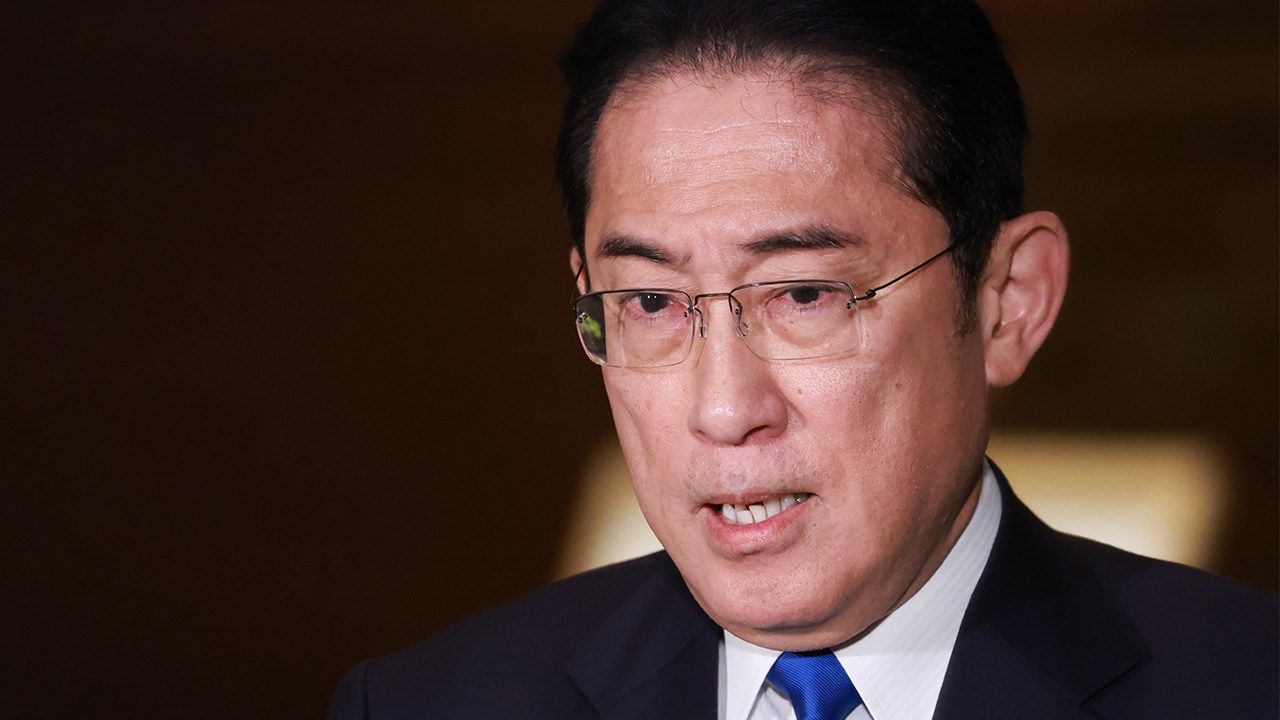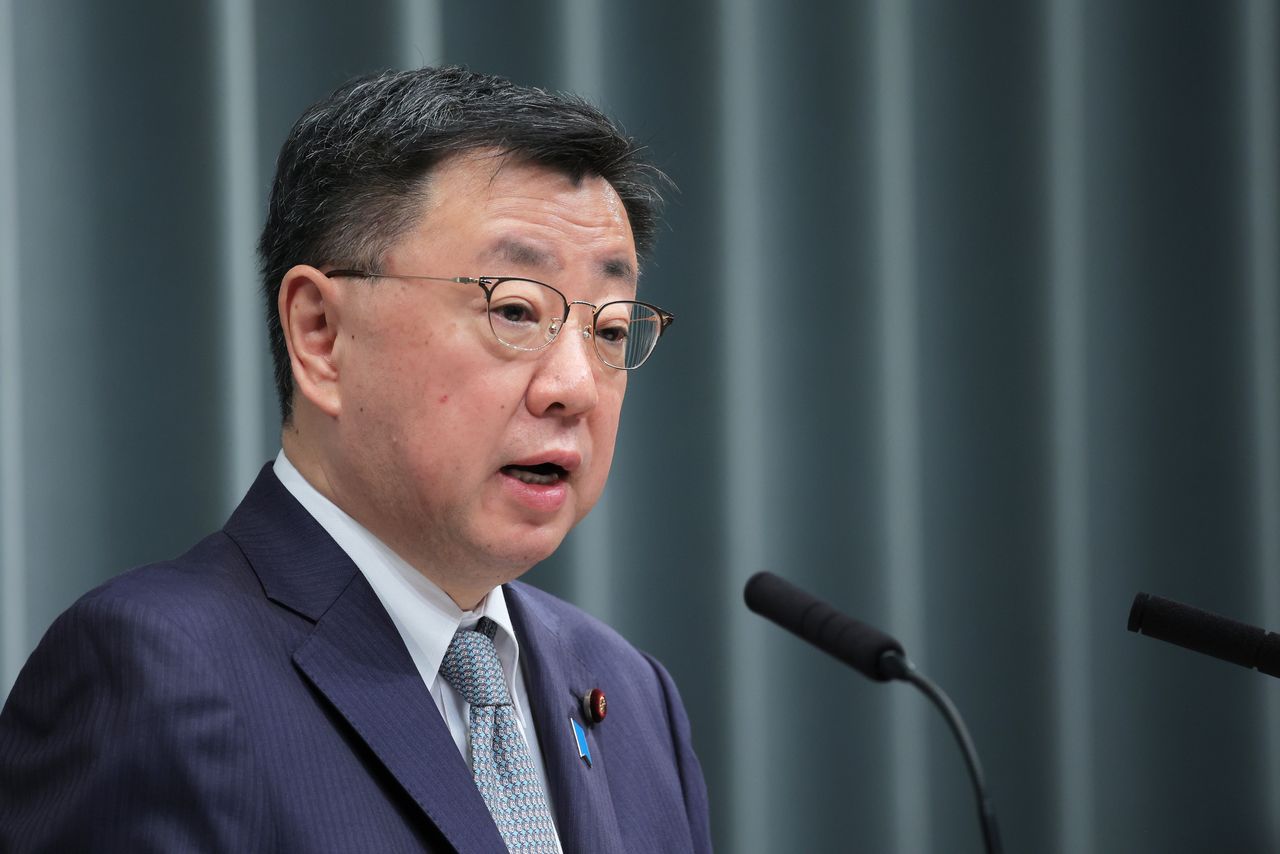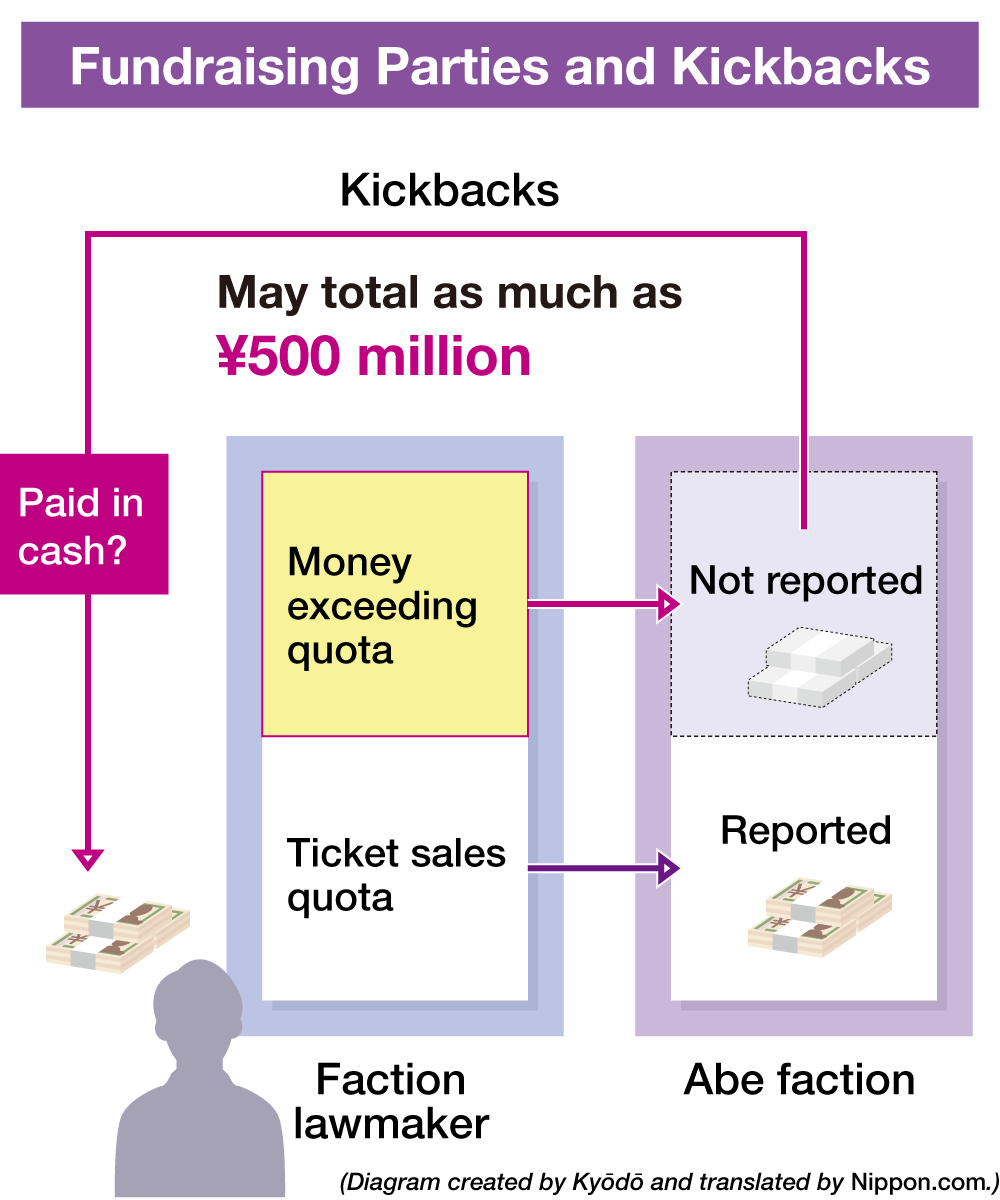
Kishida in the Mire: Kickbacks Scandal Engulfs LDP
Politics- English
- 日本語
- 简体字
- 繁體字
- Français
- Español
- العربية
- Русский
Until recently, the big question in Japanese politicians was when Prime Minister Kishida Fumio would call an election. Now, in the wake of the kickbacks scandal that has engulfed the Liberal Democratic Party, people are starting to ask when he will resign. It has been a staggering transformation.
Danger Zone
The reason for the crisis is that most of the lawmakers in the LDP faction formerly led by the late Abe Shinzō are suspected of keeping the excess money if they sold more than their quota of tickets for faction fundraising parties. Tokyo prosecutors have started an investigation into violations of the Political Funds Control Act.
In a Jiji Press poll conducted from December 8 to 11, the support for Kishida’s cabinet dropped by 4.2 percentage points from the November poll, to 17.1%. This is the lowest it has been since it fell to 13.4% in the last days of Asō Tarō’s premiership in September 2009. Asō’s LDP thereafter suffered a crushing general election defeat that saw the Democratic Party of Japan come to power, and Kishida’s cabinet support stands in a similar danger zone.
On December 14, Kishida replaced four members of his cabinet from the Abe faction, including heavyweights like Chief Cabinet Secretary Matsuno Hirokazu and Minister of Economy, Trade, and Industry Nishimura Yasutoshi. In a press conference the previous evening, he displayed visible emotion as he pledged to restore public trust in politics by reforming the LDP.

Chief Cabinet Secretary Matsuno Hirokazu announced his resignation on December 14 at the Kantei in Tokyo. (© Jiji)
But how can Kishida reform the LDP? Will he amend the Political Funds Control Act? Will he disband the party factions? He has provided no concrete measures. There are suspicions too that his own faction failed to report tens of millions of yen in its political funding reports. This makes a recovery in his support almost unthinkable.
A Form of Corporate Donation
Most people know little about these kinds of fundraising parties, so let me describe them. Apart from those for individual lawmakers, there are parties held by factions about once a year in banquet rooms at major Tokyo hotels. Tickets cost from around ¥10,000 to ¥20,000 a head, and attendance may rise to over 3,000 people.
Attendees eat while standing. Many may imagine an array of lavish platters, but in fact the food and drink are gone in no time. A senior faction member makes a short speech as a greeting, faction lawmakers are introduced on stage, and after some mingling time, the party ends with a toast.
Sekō Hiroshige, an Abe faction member who was replaced last week as the LDP head in the House of Councillors, once nonchalantly commented on television that “we save money by putting out a lot of fried rice and chicken to fill people up.” This attitude is not limited only to the Abe faction. The income from a party comes after expenses for the venue and food, so the people holding it want to keep these as low as possible.
The attendees are aware of this, and they are noticeably focused on exchanging business cards with lawmakers. This seems to be not so much about making new connections with politicians as that many fear that if they do not buy party tickets, they will not be able to visit lawmakers’ offices to lobby. Even if someone buys 10 tickets, that does not mean all 10 people will attend.
Companies often pay for all the party tickets, so it effectively becomes a form of corporate donations. The profit ratio after expenses are deducted may approach 90%, so parties are an ingenious money-spinner.
“Shake Hands with Abe Shinzō”
In the Abe faction, lawmakers had quotas for party ticket sales based on factors like their position and the number of times they had been elected. If they exceeded their quotas, they received the excess money as kickbacks.
Apparently, lawmakers and secretaries sometimes brought cash from the sale of tickets to the Abe faction office and received their share, also in cash. This payment became normalized under the jargon name modoshi, which means “return.” Both faction and lawmakers were aware of this system, explaining why the faction as a whole has come under investigation.
One young lawmaker said, “It’s really tough to raise funds holding a party by myself. But with faction parties, especially when Mr. Abe was alive, we could say, ‘You’ll get to shake hands with Abe Shinzō,’ or ‘You can take a picture together with him,’ and people would buy up tickets.” The ability to pocket excess funds made this a very welcome system indeed for such politicians at an early stage of their career.
Unreported Income
The 1988 Recruit scandal provided the impetus for holding frequent fundraising parties. LDP faction leaders at the time like Nakasone Yasuhiro, Takeshita Noboru, Miyazawa Kiichi, and Abe Shintarō (Abe Shinzō’s father) received unlisted shares in a Recruit subsidiary and made huge profits after it went public. The next year saw the LDP falter in the House of Councillors election, losing its single-party majority.
In the series of reforms that followed, donations from corporations and other bodies leading to collusion between politicians and industry were seen as a major cause of mistrust in the LDP, so such donations to individual politicians were banned, in principle. A loophole remained, however, allowing donations to party branches represented by Diet members, encouraging the trend of making up for the drop in income by holding faction-based fundraising parties.
Kickbacks themselves are not illegal; the investigation over possible violations of the Political Funds Control Act comes because they were not included in reports on income from political funding.
Some people might feel this was accidental. However, the political funding legislation requires publication of thorough reports, including information like who donors are and how the money received from them is spent, so that voters can use them in making their decision on who to back at election time.
If there is no such information about political money, it is called uragane, or “slush funds.” The public does not know whether it is used in elections or for personal dining or purchases. If lawmakers appropriate it for personal use, it might be seen as individual income, meaning they are evading taxes if it goes unreported.
Paying the Price
The Abe faction’s slush funds over the past five years are thought to amount to ¥500 million. Abe Shinzō, who involved himself in senior appointments at the Public Prosecutors Office, is dead, and former Prime Minister Suga Yoshihide, a close Abe ally, is no longer in power. This must make it easier for Tokyo prosecutors.
Looking back, many LDP Diet members may well have thought during Prime Minister Abe’s long term in power from 2012 to 2020 that even if there was any scandal, reporting on it would die down and the public would forget. I believe the current situation is the result of that complacency.
It seems to me that people were hoping that Kishida would distance himself from Abe and strike his own path. Instead, he increased his dependence on the Abe faction, and he could be seen as paying the price now.
The feeling that they should not board a sinking ship is spreading rapidly among LDP lawmakers. Yet, there is no sign of anyone ready to take a risk. After the Recruit scandal, younger legislators pressured the LDP leadership to embark on political reforms, but there is no similar movement now.
As such, even with a new leader and prime minister, it will be difficult to make any fundamental changes in the party structure.
(Originally published in Japanese on December 18, 2023. Banner photo: Prime Minister Kishida Fumio at a press conference at the Kantei on December 14, 2023. © Jiji.)
